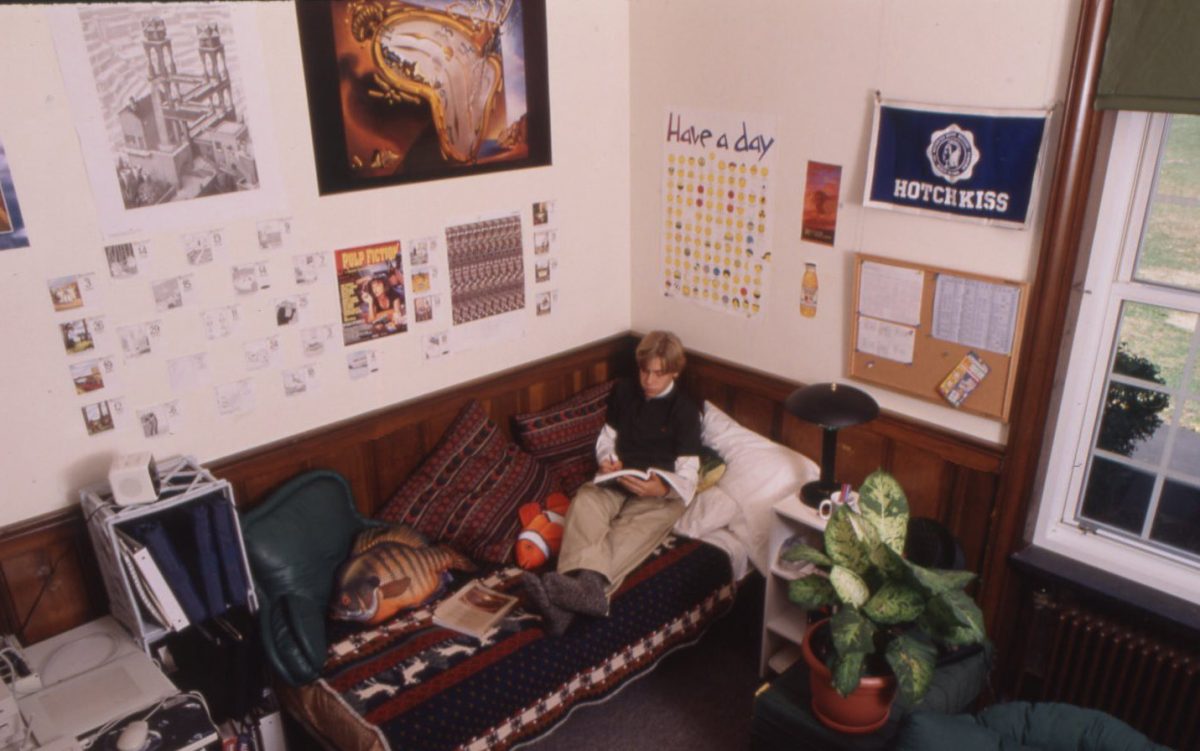Starting at Hotchkiss has felt surreal. As I’m sure most other Preps would agree, we’re just trying to absorb everything.
So a week ago, I signed up to write an opinion article for The Record. I’m forming opinions about many things at Hotchkiss already (such as cross country being the best fall sport), but I wasn’t quite sure what I wanted to write about. After talking to some of my classmates, I realized there’s one thing that seems to be on everyone’s mind: roommates.
There are many different views on whether or not it’s best to have a roommate. Some say it’s an easy way to meet someone who could become your best friend for life; others say having your own space makes for a smoother transition to living away from home.
To me, there’s no right answer. Whether you want a roommate or not depends entirely on the most individualized of factors: your personalty.
Do you want to have someone to hang out with and talk to all the time? Do you get energized from social interaction or recharged by being alone?
“The roommate questionnaire is designed to help make the best match” you might argue. But I think there’s an issue in the way the responses to that form are used to make pairs.
I keep hearing about assigned roommates who are very different—close to opposites—in terms of their personalities and nearly all other respects.
Diversity is central to a vibrant community, but when one roommate is a deep introvert and the other thrives on constant socialization, or when one is almost totally indifferent to the other’s interests, the result isn’t balance—it’s distance. These pairs can definitely coexist, but it’s unlikely they’ll connect as friends.
I think the idiom “opposites attract” is largely a myth. According to Professor Viren Swami, who teaches social psychology at Anglia Ruskin University in the United Kingdom, people crave the familiar. We’re wired to seek comfort in what we know, not constant change.
So when two completely different people are paired to live together, it’s hard for either one to feel fully comfortable or authentic. On the other hand, sharing values, interests, and habits with a roommate results in less conflict and a stronger sense of belonging.
With too much similarity, you risk losing the chance to learn from a variety of perspectives and opinions. But that’s what classrooms, clubs, and teams are for.
Dorm rooms should be spaces where students can relax, recharge, and feel at home; let’s leave them free of disagreement.





